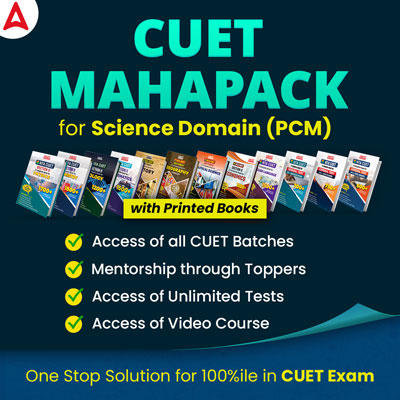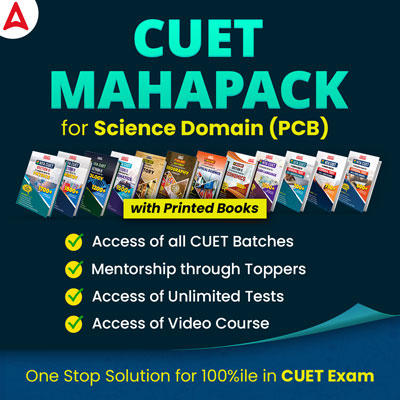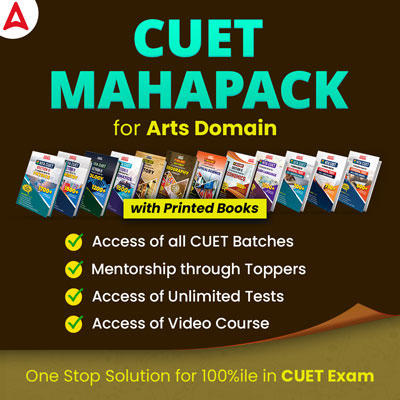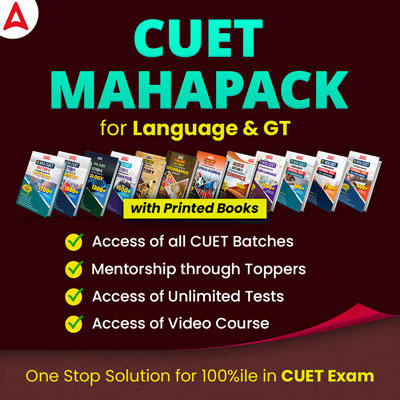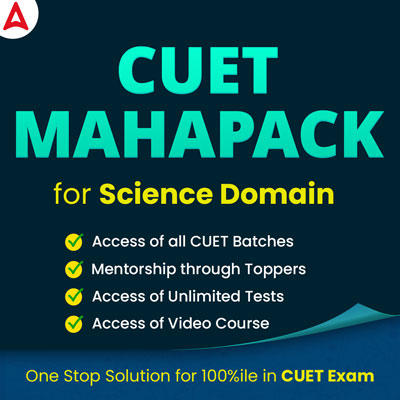Table of Contents
The Karnataka School Examination and Assessment Board (KSEAB) conducted the second PUC or Class 12 Chemistry test on March 15, 2024. If you are looking for the Karnataka 2nd PUC Chemistry Answer Key 2024, Then you are at the right place. Here we provide you with the detailed 2nd PUC Chemistry Question Paper 2024 with Answers PDF after the conclusion of the exam.
2nd PUC Chemistry Question Paper 2024
The Pattern of the Karnataka 2nd puc Chemistry Paper 2024 is completely based on the model paper provided by the board. The second PUC Theory Chemistry test will be worth 70 marks. The paper will be three hours and 15 minutes long, with 15 minutes set out for reading. The paper will contain 49 questions in total. To pass the board exams, students must obtain 33% in both the theoretical and practical tests.
2nd PUC Chemistry Model Paper 2024
Chemistry is a vital subject for Science students, and it plays an important part in improving their overall performance on board exams. The 2nd PUC chemistry model paper 2024 with Answers will be shared on this page after the conclusion of the Exam. Check out the Key highlights of the Class 12 Chemistry Exam given below.
| Particulars | Details |
| Name of the Examination | Karnataka 2nd PUC Board Exam 2024 |
| Exam Conducting Body | Karnataka School Examination and Assessment Board (KSEAB) |
| Subject | Chemistry |
| Total marks in Chemistry exam | 100 |
| Total Marks in Theory Paper | 70 |
| Total Marks in Theory Paper | 30 |
| Passing Marks | 33% in both Theory and practical Exam |
| Duration of the Exam | 3 Hours |
| Total Section of the Chemistry Paper | 5 Sections |
| Negative Marking | No |
2nd PUC Chemistry Answer key 2024
The second PUC Chemistry exam is administered in a single shift from 10:15 AM to 1:30 PM. After taking the exam, Students are anxiously looking for the 2nd PUC Chemistry Answer key 2024 on the Internet to cross-check their responses, To address this issue Our In-house Experts will provide you the Karnataka 2nd PUC Chemistry question paper 2024 with answers in this article,
Section A
The correct answers to the 2nd PUC Chemistry question paper Section A are given below.
| Section A (Question I): Multiple-Choice Questions | |
| 1. A. Decrease with increase in temperature 2. D. Limiting molar conductivity 3. B. At anode, Pb is converted into PbSO4 4. A.. Activation Energy 5. D. CrO, V2O5 6. A. Diamminedichloridoplatinum 7. A. Enantiomers 8. C. Ortho and para-methylanisoles 9. A. Invertase 10. B. sp2 to sp3 11. C. NaOH + CaO 12. A. Acetylation 13. C. C6H5SO2CL and HCL 14. C. Glycogen 15. B. Vitamin B2 |
|
| Section A (Question I): Fill in the blanks | |
| 1. Molality 2. Collision frequency 3. Ionic charge 4. Grignard reagent 5. C6H5N2+ Cl |
2nd PUC Chemistry Paper Pattern
To help students prepare, the Karnataka School Examination and Assessment Board (KSEAB) has issued the 2nd PUC Chemistry Model Question Paper 2024, which includes excellent practice material and insights into the test structure. Check out the general instructions and paper pattern provided below.
1. Question paper has FIVE parts. All parts are compulsory.
2. a. Part-A carries 20 marks. Each question carries 1 mark.
b. Part-B carries 06 marks. Each question carries 2 marks.
c. Part-C carries 15 marks. Each question carries 3 marks.
d. Part-D carries 20 marks. Each question carries 5 marks.
e. Part-E carries 09 marks. Each question carries 3 marks.
3. In Part- A questions,first attempted answerwill be considered for awarding marks.
4. Write balanced chemical equations and draw neat labeled diagrams and graphswherever necessary.
5. Direct answers to the numerical problems without detailed stepsand specific unit for final answer will
not carry any marks.
6. Use log tables and simple calculator if necessary (use of scientific calculator is not allowed).
2nd PUC Model Question Paper 2024 with Answers
Read these 2nd puc model question paper 2024 with answers, to score well in your board exams.
PART – A
I. Select the correct option from the given choices. (1 ×15 = 15)
1. Aquatic species are more comfortable in cold water rather than in warm water. This is due to
a) solubility of oxygen is more in warm water.
b) solubility of oxygen is more in cold water.
c) solubility of gases increases with decrease of temperature.
d) both (b) and (c).
2. Which of the following cell was used in Apollo space programme?
a) Mercury cell
b) Daniel cell
c) H2-O2 Fuel cell
d) Dry cell
3. During electrolysis of aqueous solution of NaCl, the reaction preferred at anode is
a) 2H2O(l) → O2(g) + 4H+(aq) + 4e
b) H2O(l) + e½ H2(g) + OH
c) Cl(aq) → 1½ Cl2(g) + e
d) 1½ Cl2(g) + e → Cl(aq)
4. Order of a reaction is determined by
a) balanced chemical equation
c) experimental rate expression
b) unbalanced chemical reaction
d) thermo-chemical equation
5. Ionic character decreases in the following oxides.
a) Mn2O7> MnO2>MnO
b) MnO> MnO2> Mn2O7
c) Mn2O7>MnO> MnO2
d) MnO> Mn2O7> MnO2
6. The oxidation state of Fe in [Fe(CO)5] is
a) +2
b) 0
c) +3
d) +5
7. The gases liberated when primary alcohols react with thionyl chloride are
a) SO2 and H2
b) H₂and HCl
c) SO2and HCI
d) NO2and H2
8. Phenol molecule is less stable than phenoxide ion because
a) phenol resonance structures have charge separation but not in phenoxide ion.
b) phenoxide ion resonance structures have charge separation but not in phenol.
c) Both phenoxide ion and phenol resonance structures have charge separation
d) Both phenoxide ion and phenol resonance structures do not have charge separation
9. Glycerol is an example for
a) dihydric alcohol
b) dihydric phenol
c) trihydric phenol
d) trihydric alcohol
10. Tollen’s reagent is a
a) silver nitrate solution
b) ammonical silver nitrate solution
c) ammonium nitrate solution
d) silver chloride solution
11. Carboxylic acids exists in dimeric form even in vapour phase due to
a) Hydrogen bond
b) peptide bond
c) ionic bond
d) metallic bondd
12. The state of hybridization of orbitals of Nitrogen atom in amines is;
a) sp²
b) sp³
c) sp
d) dsp²
13.Benzene diazonium chloride reacts with phenol to form p-hydroxy azobenzene in
a) acidic medium
b) neutral medium
c) basic medium
d) both acidic and neutral medium
14. Thiamine is a chemical name of;
a) Vitamin A
b) Vitamin B₁
c) Vitamin C
d) Vitamin K
15. The nitrogenous base adenine form hydrogen bonding with
a) Thymine
b) Cytosine
c) Guanine
d) None of the above
II. Fill in the blanks by choosing the appropriate word from those given in the brackets: 5×1=05
(phosgene, tin, hydrogen, molecularity, zinc, cellulose acetate)
16. Thesemi permeable membrane used in the reverse osmosis is_____________
17. The number of molecules taking part in the elementary reaction is called ______________
18. The non-transitional metal present in brass is _______
19. The poisonous gas formed when chloroform is exposed to air and light is ___________
20. Solubility of ethylamine in water is due to formation of ____________ bonding with water
2nd PUC Question Papers with Answers PDF 2024
Solving 2nd puc question papers with answers pdf 2024 helps students improve their time management skills and grasp the exam pattern. It will also help to revise the important concepts through questions. We have included the PDFs of Karnataka 2nd PUC Chemistry question papers in the table below.
| 2nd PUC Chemistry question papers | 2nd PUC Chemistry Question Paper 2024 with Answers pdf Link |
| Karnataka 2nd PUC Chemistry Model Paper 2024 PDF | Download PDF |
| Karnataka 2nd PUC Chemistry Question Paper 2024 with Answers PDF | Available Soon |
Related Posts:

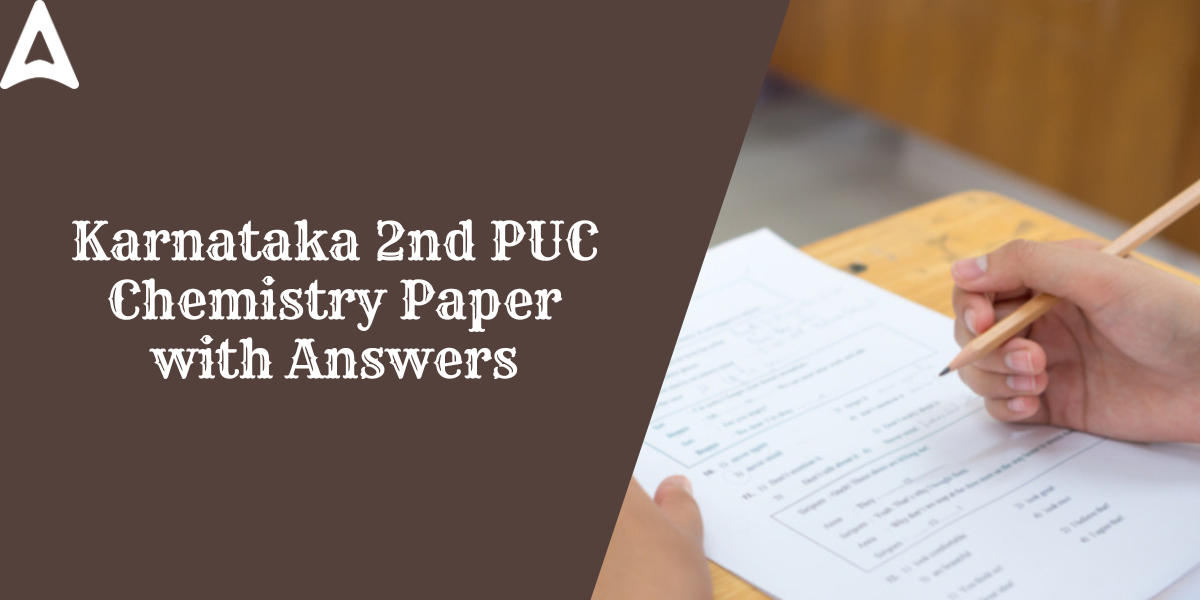
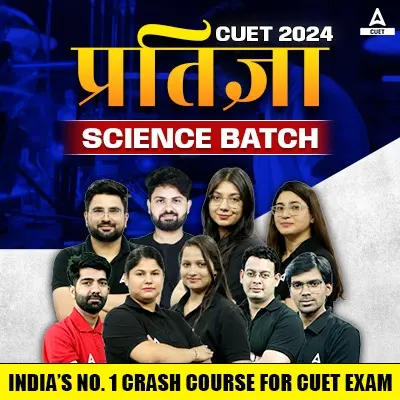


 CBSE Class 12 Home Science Answer Key 20...
CBSE Class 12 Home Science Answer Key 20...
 CBSE Class 12 History Answer Key 2025, G...
CBSE Class 12 History Answer Key 2025, G...
 CBSE Class 12 Computer Science Answer Ke...
CBSE Class 12 Computer Science Answer Ke...
